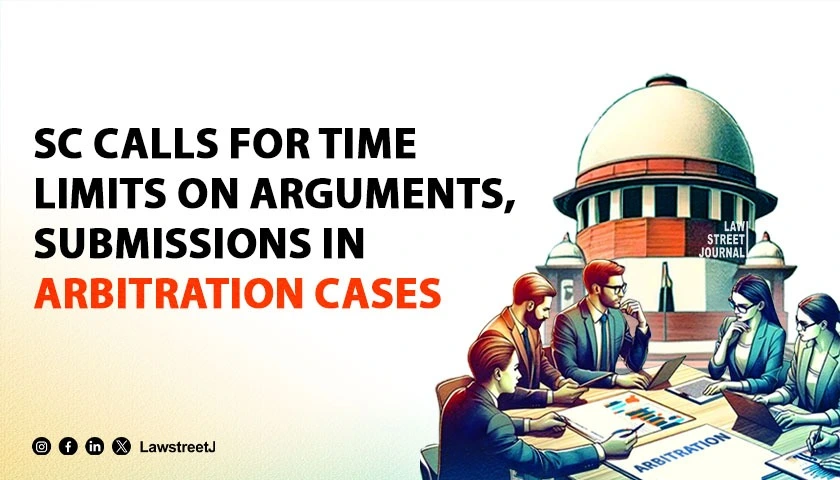NEW DELHI: The Supreme Court has highlighted the need for fixing a time limit on oral arguments in arbitration cases, saying high monetary stakes involved in the proceedings should not result in unnecessarily long oral or bulky written submissions.
A bench of Justices Abhay S Oka and Pankaj Mithal pointed out all this results in the criticism about the arbitrations in India.
The court said, "Therefore, there is a need to impose a time limit on oral submissions in such cases".
Rejecting appeal by Larsen and Toubro Limited against the Delhi High Court's judgment, the bench, said, "What we have expressed is a matter of serious concern and introspection for everyone."
"We cannot forget that this court and the High Courts have the appellate jurisdiction in civil and criminal cases. These courts should be in a position to also devote sufficient time to the cases of the common man," the bench said.
The court concurred with the views expressed by the High Court's division bench, which stated there should be some clarity within the legal system about the kind of time limit to arguments in such cases, to ensure timely disposal of appeals.
In the case at hand, the court noted, while making submissions, the counsel appearing for both the parties have gone into the minutest factual details.
As the members of the Bar are aware of the limited jurisdiction of the Courts in proceedings under Sections 34 and 37 of the Arbitration Act, they must show restraint, the court said.
"Similarly, we observe a tendency on the part of the members of the Bar to rely upon a large number of decisions, whether relevant or irrelevant, while arguing Section 34 petitions and Section 37 appeals as well as appeals arising therefrom. Multiple decisions are cited on the same proposition of law. This makes hearing time-consuming," the bench said.
As there are long oral arguments, the courts permit written submissions to be filed. That is how very long written submissions come on record. The courts have to devote page after page for dealing with many submissions which ought not be made considering the limited jurisdiction under Section 34 of the Arbitration Act. This results in very lengthy judgments, the bench said.
Referring to Sections 34 and 37 of the Arbitration and Conciliation Act 1996, the bench said, "The powers of the Appellate Court under Section 37 of the Arbitration Act are not broader than those of the Court under Section 34 of the Arbitration Act. Therefore, what cannot be done in the exercise
of the powers under Section 34 cannot be done in an Appeal under Section 37. An Arbitral Award cannot be modified."















